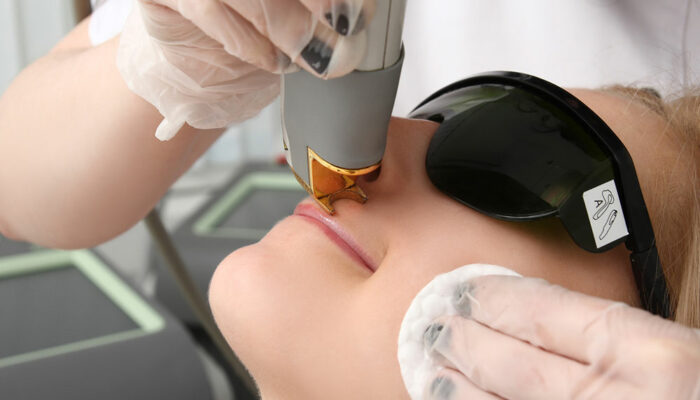
Treatments for the Various Types of Thyroid Cancer
When patients are diagnosed with thyroid cancer, a team of doctors should be consulted for regular checkups and treatments. These treatments may vary depending upon the level of cancer as well as the type of thyroid cancer detected. Solutions or treatment options may be revealed during these appointments.
1. Thyroidectomy
While the severity of the types of thyroid cancer is diagnosed, the removal of thyroid gland becomes a necessary step in some cases. This removal process is called thyroidectomy. Otherwise, when only a portion of the gland is removed, it is termed as hemithyroidectomy.
However, the decision to opt for this treatment depends upon the category of the cancer, its grade level, as well as whether the cancer is present in the parts of the internal system or not.
2. External Radiotherapy
Radioactive waves hit the targeted spot of the body to fight against anaplastic thyroid cancer. However, the duration of the whole treatment is determined after taking into consideration many factors. These factors include the types of thyroid cancer, its growth status, and the affected person’s overall health.
The side-effects of this treatment might last for a long time (about 2-3 weeks after the radiotherapy session). The regular lingering effects are nausea, pain, dry mouth, and fatigue.
3. Chemotherapy
The different types of thyroid cancer like anaplastic carcinomas, at an advanced level, increases and spreads all over the body. This would need to be treated regularly with potent chemotherapies.
The affected person would have to take medicines over a period. These prescribed medicines are quite powerful in reducing the cancerous cell count. However, it’s a fact that chemotherapies do not guarantee the successful removal of cancer from the body. Moreover, this treatment can slow down the growth of the lump or nodule, but it cannot eliminate its existence altogether.
Also, the most common after-effects are nausea, hair loss, ulcers, and vomiting. Other than that, patients who are undergoing chemotherapy sessions are often vulnerable to viral or bacterial-prone diseases.
4. Targeted therapies
Currently, there are several therapies that oncologists and experts are testing. These therapies usually are administered to patients to work on the advanced level of numerous types of thyroid cancer like medullary or anaplastic.
The main aim of the medications under these therapies is to tackle the fundamentals of cancer cells. This means they aim to reduce the spread across the body.
For now, many unlicensed medicines are being prescribed by experts and specialists to the affected people. Experts also give prior notice so that one can decide whether they would want to take an unlicensed medicine or not.



